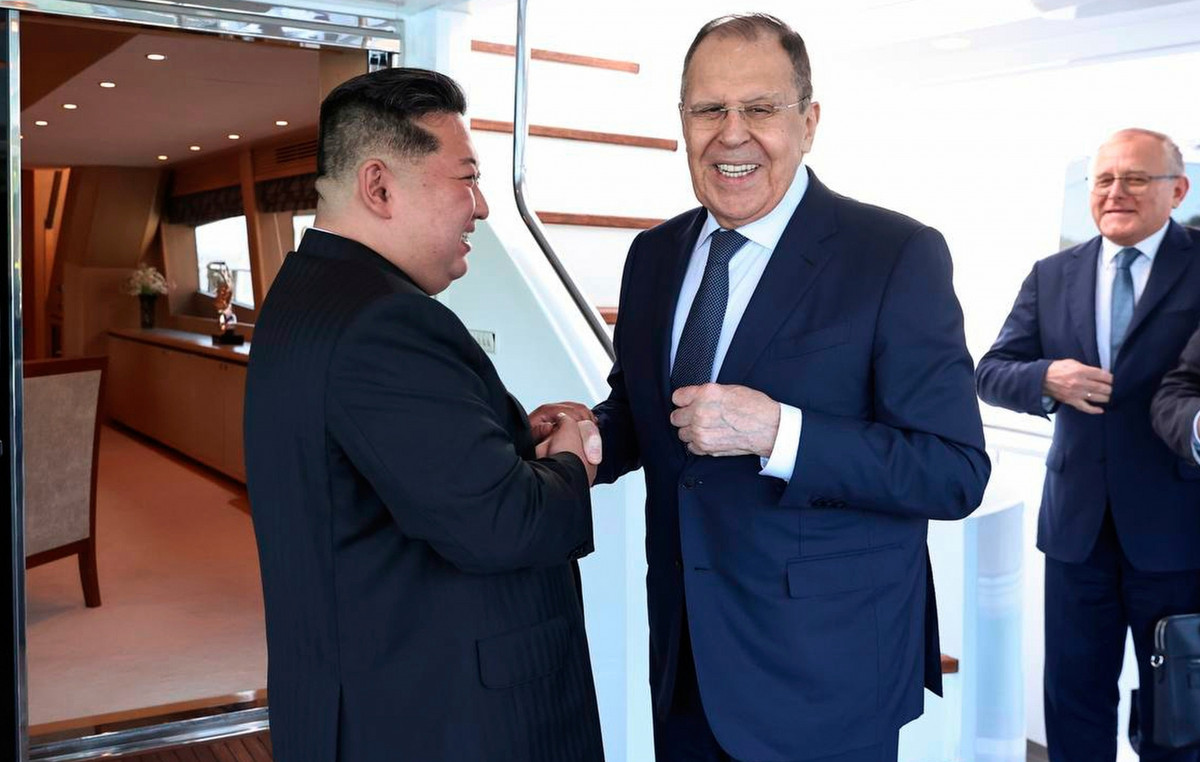A significant portion of the first cryptocurrency, according to Bitcointreasuries, is owned by various organizations, such as public and private companies, governments, exchange-traded funds and investment funds, or the coins are placed within various forms of decentralized finance.
MicroStrategy became the largest BTC holder among public companies with 205,000 BTC on its balance sheet. Marathon Digital takes second position with 15,741 BTC, third and fourth places are shared by Tesla and Coinbase Global with 9,720 BTC and 9,480 BTC.
Among other private companies, judging by the available information, Block.one is the leader in terms of Bitcoin ownership with 164,000 BTC. It is followed by the MTGOX exchange with a balance of 141,686 BTC. Stablecoin issuer Tether owns 66,465 BTC. The fourth position was taken by the BitMEX exchange with 57,672 BTC.
The leading countries in the ranking of Bitcoin ownership are the United States of America with 215,000 BTC, China with 190,000 BTC, Great Britain with 61,000 BTC and Germany with 50,000 BTC.
The absolute leadership among all cryptocurrency market participants in terms of bitcoin volume was won by the Grayscale Bitcoin Trust, iShares Bitcoin Trust and Fidelity Wise Origin Bitcoin Fund exchange-traded funds with 380,241 BTC, 230,617 BTC and 132,571 BTC, respectively.
In total, public or private organizations, governments and investment companies own approximately 12% of the total supply of Bitcoins. About 10% is stored on centralized cryptocurrency exchanges, another 8.09% belongs to accounts that have been dormant for many years.
If we add the share of the asset attributed to Bitcoin founder Satoshi Nakomoto (4.76%) and the opportunity to mine another 6.4% of the total supply of bitcoins, we can conclude: more than 41% of the BTC supply has become unavailable to other private investors. And if we assume that clients control up to 60% of BTC in exchange accounts, then this reduces the supply available for purchase to 34% – 35%.
Previously, MicroStrategy CEO Michael Saylor said that Bitcoin has become one of the most scarce assets in the world, while other products can be created indefinitely given enough time and money.
Source: Bits
I am an experienced journalist, writer, and editor with a passion for finance and business news. I have been working in the journalism field for over 6 years, covering a variety of topics from finance to technology. As an author at World Stock Market, I specialize in finance business-related topics.







